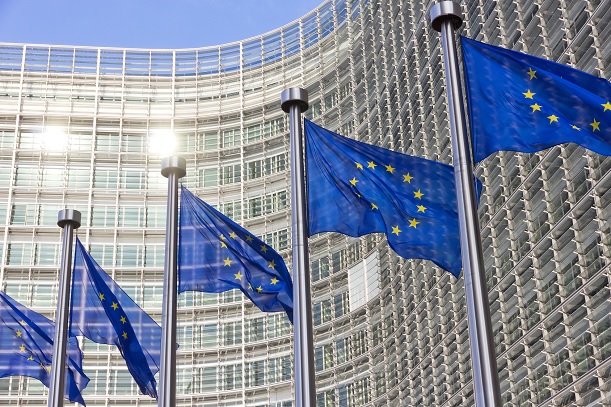The European Commission has urged member states to work together on accelerating the roll-out of fibre and 5G to help drive economic recovery from COVID-19.
A new recommendation calls on EU countries to develop a “toolbox” of best practices by March 30 2021. It should include a common approach on measures to: reduce costs and increase the speed of deployment; provide timely access to 5G radio spectrum and encourage operators’ investments in expanding network infrastructure; and establish more cross-border coordination for radio spectrum assignments to support innovative 5G services.
Margrethe Vestager, Executive Vice-President for a Europe fit for the Digital Age, said: “Broadband and 5G connectivity lay the foundation for the green and digital transformation of the economy, regardless if we talk about transport and energy, healthcare and education, or manufacturing and agriculture.
“And we have seen the current crisis highlight the importance of access to very high-speed internet for businesses, public services and citizens, but also to accelerate the pace towards 5G. We must therefore work together towards fast network rollout without any further delays.”
Member states should identify and share best practices for the toolbox by December 20 before agreeing on the list by March 30.
Supercomputing
The Commission also proposed a new regulation to boost research, innovation activities and skills for new supercomputing technologies, systems and products. The proposal would enable an investment of €8 billion in supercomputing.
Thierry Breton, Commissioner for Internal Market, commented: “Together with data and connectivity, supercomputing is at the forefront of our digital sovereignty, encompassing industrial, technological and scientific challenges. Keeping up in the international technological race is a priority, and Europe has both the know-how and the political will to play a leading role.
“Our objective is to rapidly reach the next standard of computing with exascale computers – but also and foremost to already integrate quantum accelerators to develop hybrid machines and position Europe very early on this disruptive technology.”



